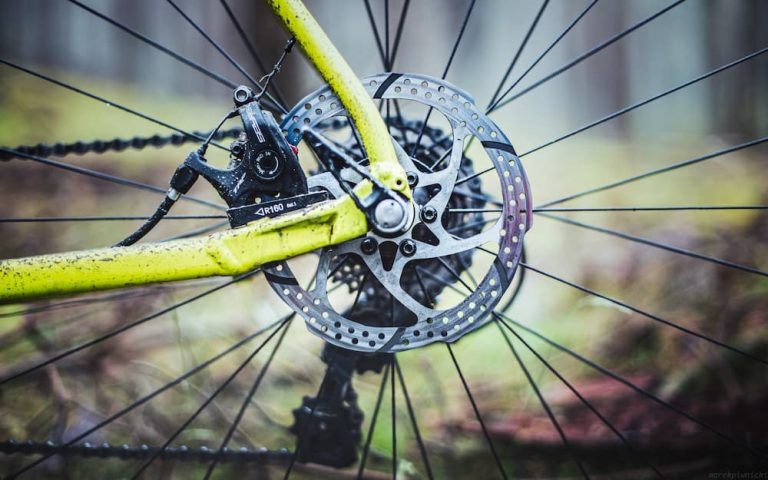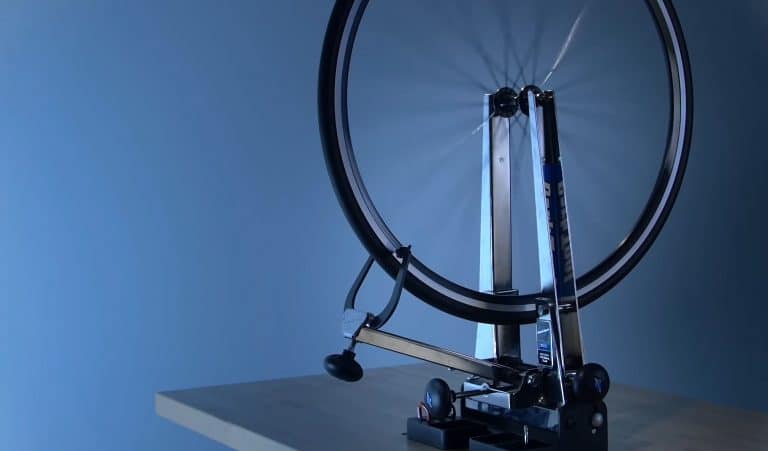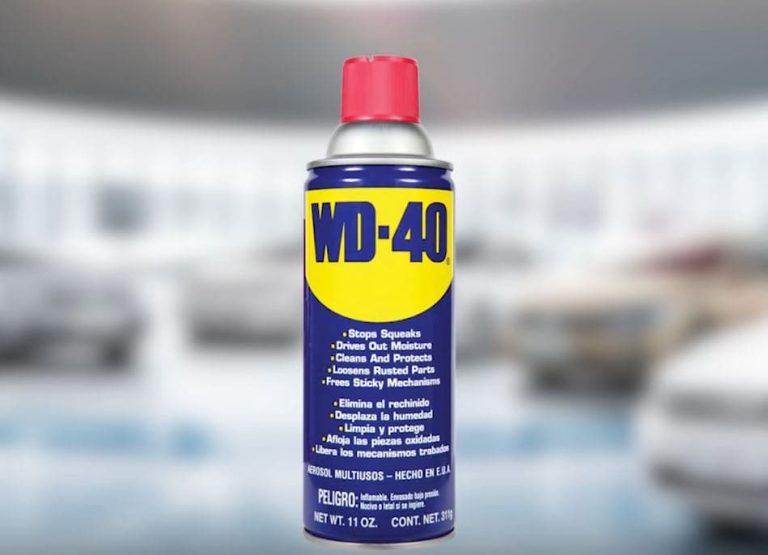How To Fix Squeaky Bike Brakes?
Riding your bike can be a fun and healthy activity. However, squealing and squeaking bike brakes are absolute nightmares. Imagine biking through a quiet area, allowing the soothing breeze to calm your spirits and give you peaceful vibes.
And then imagine hearing your bike brakes squeak. There’s nothing more annoying than this.
Squeaky brakes of bikes can disturb or irritate you throughout your journey, and you might find getting rid of the unwanted sound challenging. You may wonder what’s causing the brake squeal on your bike and how to fix squeaky brakes.
We have developed this guide to help you figure out the source and how to fix squeaky bike brakes.
What Causes Squeaky Brakes In Bicycles?

Though annoying, noisy brakes are very frequent. Aside from being annoying, noisy bicycle brakes also harm the bike’s performance.
The squealing of brakes can occur for several reasons. One must inspect the brake to identify the cause of squeaky brakes on a bike. In the following, we’ll share some common causes of squeaky brakes.
Dirt Contamination (Rim & Disc Brakes)
The blocks sustain wear and tear with brake usage, leaving behind metal and rubber residue. It can accumulate on the blocks mixed with other dirt and debris from the road.
As a result, the braking surface becomes dirty and causes poor braking, squeaking, and greater rim wear.
Remove the wheels and check for dirt in the brake blocks to repair this problem. Use a brush or clean cloth to take off the dirt. Then, go in with a non-oil-based cleaning product or degreaser and clean cloth, and clean the rims and brake blocks.
You can also use distilled vinegar if you don’t have a designated cleaning product.
Grease or Oil Contamination (Rim & Disc Brakes)
There are two kinds of brakes- rim and disc brakes. And the problem of oil and grease contamination can arise with both. Squealing brakes can also occur from grease or oily material on the brake pad, wheel rim, or the bike’s rotor.
As indicated, contamination can be a huge factor in producing this squeaky sound. The other cause is vibration caused by the insufficient setup of the brakes.
But the problem is fixable. You need to get some alcohol and rub it in.
Related reading: Can You Use WD40 On Bike Brakes?
Brake Blocks Not Toed (Rim Brakes)
Brakes produce an annoying squeak if the rim flat comes in contact with the brake pads, especially in linear pull. It is why you have to toe the pads, which means configuring the system so that once the brake is applied, the pad’s front touches the rim first.
New Brakes Not Bedded In (Disc Brakes)
All brake rotors and pads must be “bedded-in” to improve braking performance. Breaking in, bedding in, and burnishing are terms used to describe conditioning brand-new disc brake rotors and pads.
Though the process differs between manufacturers, there is a typical series of brake applications (manual) involved over a specific distance.
If you forget to bed in the brakes, it can result in uneven film buildup on the rotors and eventually cause that nasty, unwanted jittering.
Glazed Rotors (Disc Brakes)
For bikes with many miles in, when the squeaking begins, the culprit may be glazed brakes, a fancy term for the surface of the brake pads and rotors becoming smooth and glossy. The braking performance is significantly reduced and can also start the noise.
Fixing this will call for roughening the surfaces again. Get a little sandpaper, ideally 100 to 150 grade, and rub it on the pads, keeping them face-down. Continue till the top layer comes off, and the pad should emerge a metallic brown shade.
Moving on to the rotors, clean them with alcohol fluid or brake polish and a clean cloth. Next, lightly buff with the sandpaper in circular motions and then side to side.
Brake Calipers Not Aligned (Disc Brakes)
Another reason behind the sound can be misaligned calipers. To inspect, invert the bike and spin its wheels while keeping an eye on the rotors in the caliper.
Does the rotor stay perfectly straight during the entire spin, plus a gap on either side of the pad? If no, take off the wheel and refasten it.
Is the sound persisting? Remove the caliper bolts and tighten or loosen the caliper to get it straight. In this state, secure the bolts and recheck the rotor.
How to Repair Squeaky Bike Brakes?
Squeaky bike brakes aren’t that big of an issue. Let’s address the roots of the problem in this section and discuss how you can fix the problem.
Related reading: How To Clean Bike Brakes?
Clean Your Brake Pads
Sometimes the brake pads can also get contaminated with oil or grease. It is most common for bikes ridden in wet or knotted areas, where the rim or the rotor can get relatively some debris. This debris can contaminate the brake pads.
However, this is easy to fix. To fix bike brakes with dirty brake pads, start by taking the wheel out of the frame to get access to the brake pads more easily. Get yourself coarse sandpaper and remove the top layer.
You will start to see some bits of metals besides the other debris stuck on them. You must try to get all of these only to have smooth rubber.
Clean Disc Rotors
Take your bike wheel and remove the caliper and pads to check the rotors for grooves, warps, and cracks. If the component has sustained damage, replace it. Continue if the rotor doesn’t require replacement.
Use soap and water or disc brake cleaner to remove any dirt, oil, or grease, and muck off the rotors before wiping them down with a clean towel. A metal wire brush can be used to clean the caliper too.
Realign Disc Pads
If your new brakes are squeaking, the solution can be as simple as lubricating the touch points. Remove the brake pads and apply brake lubricant to the contact points. It includes the back of the brake pad and any touch points within the caliper carrier.
Related reading: How To Cut A Bike Lock?
Bed In Brake Pads
Firstly, squeaky bike brakes are common with new bikes or rotors/pads. It takes a little time for the pads to work correctly, a process that needs “bedding in.” As you start using the bike more often, the noise will eradicate itself.
However, feel free to beat on the brakes to speed up the process. Take your bike out, cycle up to 10 to 15 mph, and stop with one brake. Repeat ten times per brake.
Replace The Brake Pads
Generally, only a few metal bits have to be removed to clean the pad, but on the off chance that’s the requirement and there isn’t enough pad left, we suggest you replace the pads with new brake pads. Otherwise, the rim will be damaged beyond repair if the pad decays completely.
This problem doesn’t usually plague disc brake pads since they are made from a stronger material. Moreover, this suggests that you must use something other than sandpaper. We recommend using a little alcohol to scrub off the debris.
Replace The Brake Discs
It’s best to replace the brake discs and brake pads simultaneously. If the discs are poorly scored or unevenly worn, they need to be changed. Braking force is a combination of brake disc and brake pad power. If even one of the two is not optimal, you cannot achieve actual braking performance.
Related reading: How To Become A Bike Mechanic?
Conclusion
Now that you know the most important hacks to fix the annoying squeaking sounds produced by your bike brakes, you’ll be able to stop your bike brakes from squealing. Please ensure that you first examine the bike brakes to find the source of the problem and then follow the steps to fix it.
If you apply the fixing method of water and heat to the contamination issue of your bike brakes, you are most likely to prevent your bike’s brakes from squealing. We hope our guide on how to fix squeaky bike brakes was helpful to you!




